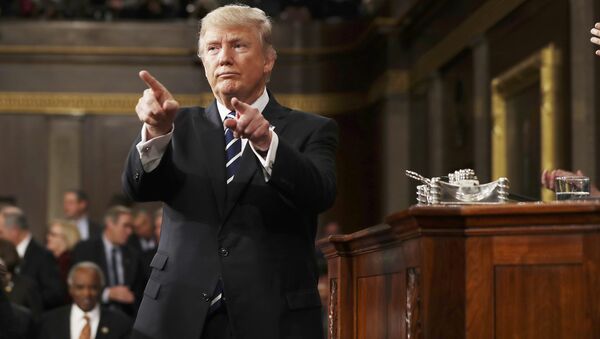The ban was set to take effect Thursday, but federal judge Derrick K. Watson has issued a response that suspends Trump's ban nationwide. On Wednesday, federal judges in Maryland and Washington state were slated to hear similar cases as well.
— Emily C. Singer (@CahnEmily) March 15, 2017
The state of Hawaii had filed the lawsuit. Lawyers alleged that the order violates the first amendment of the constitution, disrupts business within the island state, interferes with business' and universities' attempts to recruit top talent and inflicts unnecessary harm on Hawaii's important tourism sector.
The order had placed a ban on granting asylum to refugees while denying entry to the US to citizens of Libya, Syria, Iran, Sudan, Yemen and Somalia. Unlike the first controversial executive action, Iraq was not included on the list.
Lawyers arguing against the ban cited the case of Ismail Elshikh, imam of the Muslim Association of Hawaii, whose relative had applied for an immigrant visa. The application was still in the process of gaining approval, so lawyers said Elshikh's mother-in-law could unduly face a ban on entering the US altogether.
"Dr. Elshikh certainly has standing in this case," attorney Colleen Roh Sinzdak told the court. "He, along with all of the Muslim residents in Hawaii face higher hurdles to see family because of religious faith," Sinzdak added.
Legal analysts had predicted that Trump's revised ban might not face the same backlash as the first attempt, but it appears the president will now have another obstacle to tackle, in addition to revving up support for the American Health Care Act, devising a plan to defeat Daesh, passing comprehensive tax reform, building a wall on America's southern border and passing a $1 trillion infrastructure stimulus package.


